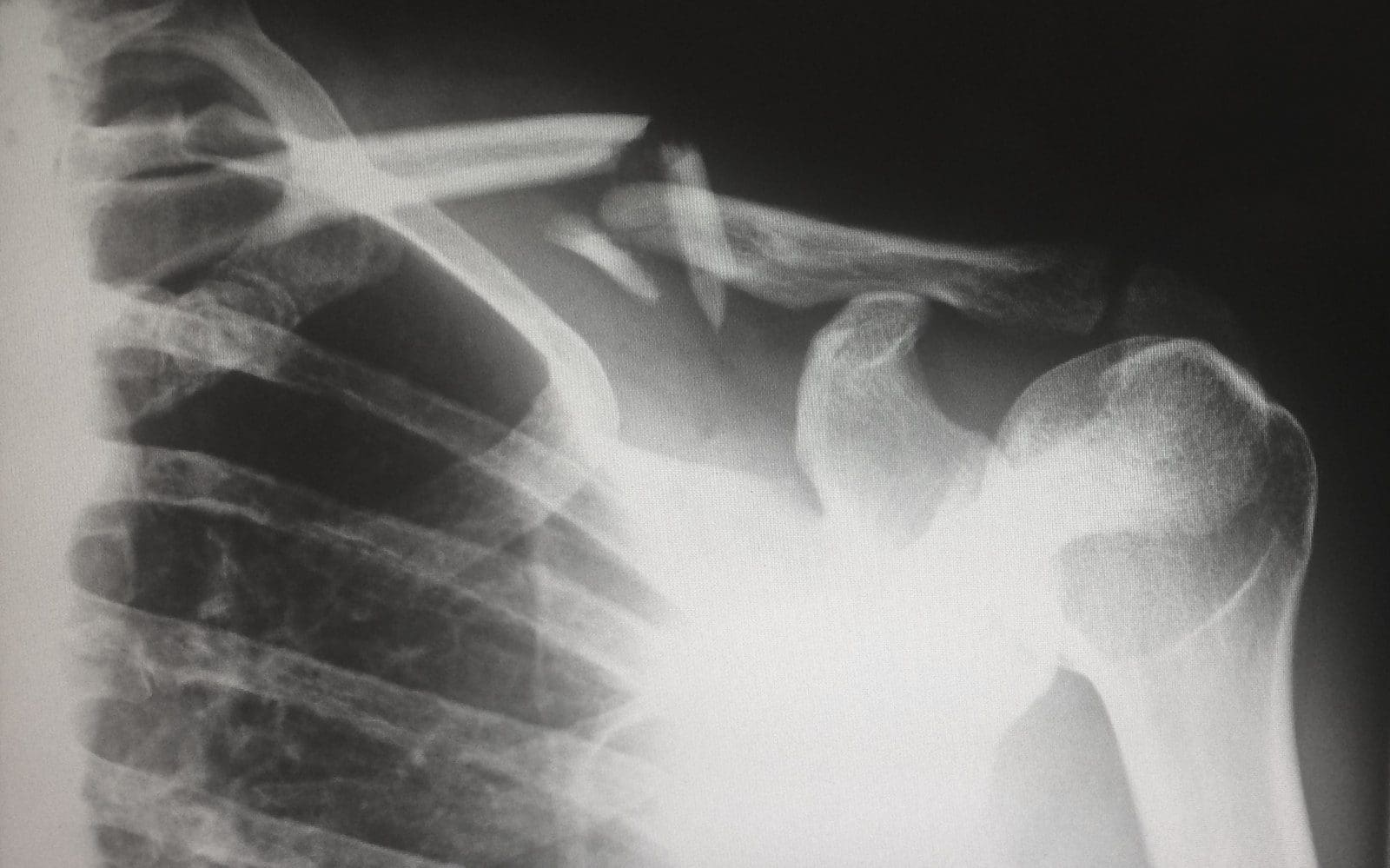
While most of us experience it from time to time, it’s not normal to have back pain. It might be so common that we think it’s normal, but it’s not. Back pain is often ignored like many other health issues, but seeing a doctor is very important in certain cases. Often, your body is telling you that something is very wrong through your back, so don’t ignore the message unless you want to end up with serious health issues.
In some cases, mild back pain means you need to stretch more or get a nice massage by visiting the nearest sports injury clinic, but if you experience any of these issues below, it’s important to contact your doctor and book an exam.
Pain while you’re working out
Anyone who regularly hits the gym can expect some soreness in the back. However, some types of pain are not normal, especially the pain you experience when not flexing your muscles. For example, if you feel a sharp pain in the back when bending forward, it might be a sign of a pulled muscle. This is one of the most common injuries and if you don’t handle it, it can leave you in bed for weeks. In case your pain appears only while flexing, it might point to muscle inflammation due to exercise. It usually passes after a few days and leaves no marks on your back.
Pain after a traumatic event
 If you recently got into a car crash or experienced a fall, don’t shrug it off. A serious traumatic event can damage the spine and result in spinal cord lacerations and vertebrae fractures even if you can get up and walk after the accident. So, make sure to visit your doctor even after the smallest accident, especially if you feel any back pain—don’t wait any longer. Visiting a spinal care specialist like Dr. Lindsay Clark will certainly help.
If you recently got into a car crash or experienced a fall, don’t shrug it off. A serious traumatic event can damage the spine and result in spinal cord lacerations and vertebrae fractures even if you can get up and walk after the accident. So, make sure to visit your doctor even after the smallest accident, especially if you feel any back pain—don’t wait any longer. Visiting a spinal care specialist like Dr. Lindsay Clark will certainly help.
Persistent pain
There’s a general rule when it comes to back pain: if it lasts for more than 10 days, see a doctor. Waiting for your pain to disappear for longer than 10 days can make healing very difficult. Most people wake up with light stiffness in the back that usually goes away after the muscles warm-up.
However, if your pain just gets worse with time and starts affecting your daily life, it’s time to see an expert. You might suffer from a bulging or ruptured disc that might require serious treatment and even slipped disc treatment or surgery.
While back surgery is much safer today, you still might want to do some research and study the procedures. Experts like experienced neurosurgeon Timothy Steel offer great information on spine surgery and easy-to-digest surgery news. So, if you need an operation, you’ll know what to expect.

Pain accompanied by numbness and tingling
If you feel pins and needles, numbness, or complete loss of feeling in your back or neck, this is not a sign that should be ignored. This symptom usually means there’s nerve damage in the area. So, if your back pain gets combined with tingles down arms and legs as well as numbness, take note and see your doctor. He may use the latest OrthoLazer therapy to relieve the symptoms.
There are many conditions that can cause tingling and numbness (from sciatica to herniated disc or spinal stenosis) but you’ll need a proper diagnosis and treatment in order to rid yourself of pain and any usual sensations.
Prolonged irritation of nerves can result in irreversible damage and even disability.
Back pain paired with bladder or bowel issues
Groin numbness and bladder or bowel issues are symptoms that should never be ignored. These acute symptoms can point to cauda equina—a rare condition that puts a lot of pressure on nerves connected to pelvic organs. In some cases, it can be very serious and even require emergency surgery. As soon as it gets diagnosed, specialists immediately start treating the syndrome. It’s very fast-moving and if it doesn’t get treated after 48 hours, you might never recover completely.
Back pain paired with balance issues
As we get older, women especially, develop a higher risk of osteoporosis and osteoporosis-related fractures. So, if you notice any back pain paired with unbalanced walking, you should visit your doctor and get your condition investigated. You might need to start working with a physical therapist for better gait training and fall training. At that stage of life, any fall can be very serious, so seek diagnosis and make sure to work on your training.
Any pain that doesn’t go away or makes you highly suspicious of your health state should get attention from a professional. It’s very easy to wait until your back pain passes or ignore it altogether, but it’s your body’s way of telling you something is wrong, so don’t push through but see your doctor.


Be the first to comment